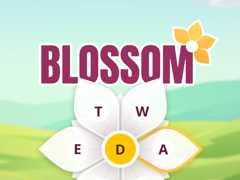Did you know?
The Makeup ofIdioms
If you had never heard someone say "We're on the same page," would you have understood that they weren't talking about a book? And the first time someone said he'd "ride shotgun", did you wonder where the gun was? A modern English-speaker knows thousands of idioms, and uses many every day. Idioms can be completely ordinary ("first off", "the other day", "make a point of", "What's up?") or more colorful ("asleep at the wheel", "bite the bullet", "knuckle sandwich"). A particular type of idiom, called aphrasal verb, consists of a verb followed by an adverb or preposition (or sometimes both); inmake over, make out, andmake up, for instance, notice how the meanings have nothing to do with the usual meanings ofover, out, andup.
Examples ofidiom in a Sentence
Word History
Middle French & Late Latin; Middle Frenchidiome, from Late Latinidioma individual peculiarity of language, from Greekidiōmat-, idiōma, fromidiousthai to appropriate, fromidios
1573, in the meaning defined atsense 2b
Rhymes foridiom
Browse Nearby Words
Cite this Entry
“Idiom.”Merriam-Webster.com Dictionary, Merriam-Webster, https://www.merriam-webster.com/dictionary/idiom. Accessed 3 Apr. 2025.
Kids Definition
idiom
nounMore from Merriam-Webster onidiom
Subscribe to America's largest dictionary and get thousands more definitions and advanced search—ad free!
Merriam-Webster unabridgedMore from Merriam-Webster
[8]ページ先頭



